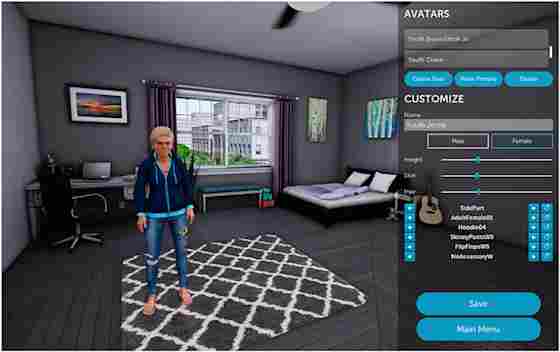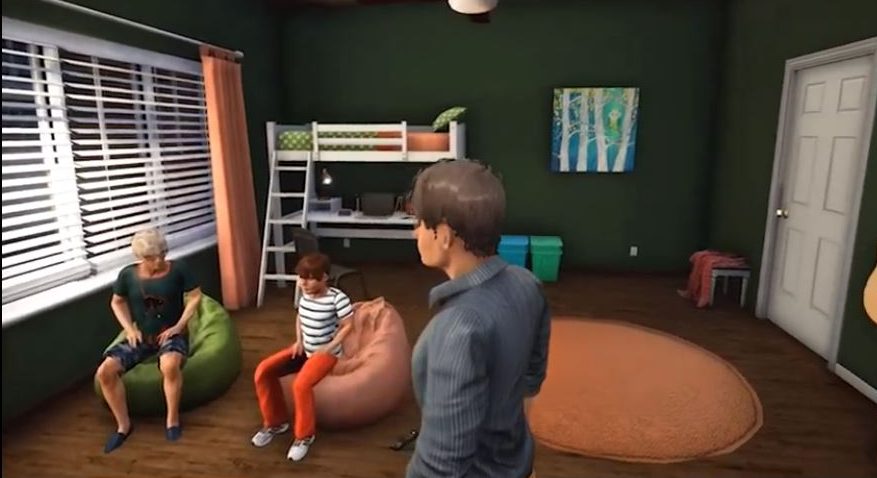Overview
This pilot study examines the impact of a low immersion virtual reality (LIVR) intervention upon social skill changes in children or adolescents who struggle with social connectedness because of autism spectrum disorder (ASD) or another diagnosis. Researchers utilized recent technological advancements, allowing the potential for LIVR-based training to overcome accessibility barriers, to examine the effects of both training location (in-person versus remote access) and differences in diagnosis (ASD versus a non-ASD diagnosis). Sixty-seven youths, with parent-reported social challenges, completed objective measures of social skill change following engagement in Charisma Virtual Social Training. Participants completed 10, one-hour Charisma sessions, including training and practice of nine social cognitive strategies guided by live coaches in the LIVR environment. Researchers measured four social cognitive domains pre- and post-training: emotion recognition, social inferencing, social attribution and social self-schemata. Findings from this study show improved recognition of emotional and social cues, as well as an enhanced sense of self-belief, following remote training and practice in the LIVR environment, whether accessed from home, school or another educational setting. These results offer encouraging evidence to support the potential of using virtual technology tools to improve daily behaviors and social engagement among youths.






